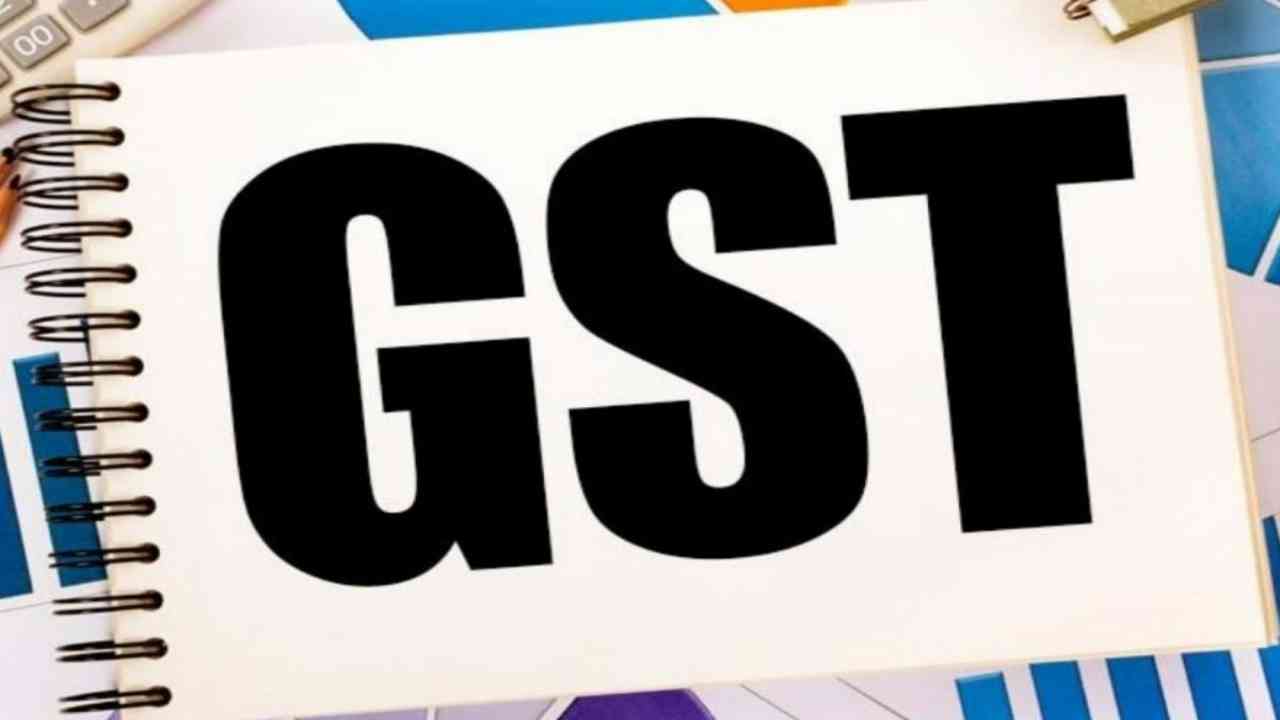New GST rule changes: The new year, 2022, will bring a slew of changes to India’s Goods and Services Tax (GST). The government had previously announced the revisions, which will take effect on January 1, next Saturday.
The amendments include the requirement for e-commerce operators to pay tax on services such as passenger transportation and restaurant services delivered through them.
In addition, the rectification in the inverted duty structure in the footwear and textile sectors will take effect on Saturday, with all footwear, regardless of price, subject to a 12% GST, and all textile products, excluding cotton, including pre-made garments, subject to a 12% GST.
Clothing and footwear will also become more costly:
From January 1, 2022, finished goods such as clothes, footwear, and textiles will be more expensive, when the Union government raises the GST on such items from 5% to 12%.
The GST rate on clothing costing up to Rs 1,000 per piece has been increased from 5% to 12%.
Textile rates, which include woven fabrics, synthetic yarn, blankets, tents, and accessories like tablecloths and serviettes, have also been raised from 5% to 12%.
The GST rate on footwear (costing up to Rs 1,000 per pair) has also been increased from 5% to 12%.
Auto rides booked through Ola and Uber are expected to become more expensive:
In the new year, auto rickshaw rides booked through app aggregators like Ola and Uber will also become more expensive. From January 1, the Union government announced that ride firms would pay a 5% GST on vehicle rides booked online, abolishing an existing exemption.
Tax-free auto rides will continue to be available on the streets.
While Uber understands the need to raise funds, the firm has urged the government to reconsider the tax, which will have an impact on vehicle drivers’ wages as well as the government’s digitalisation strategy.
Food delivery apps like Swiggy and Zomato to charge GST
Beginning January 1st, food delivery apps, rather than restaurants, will be required to collect and pay 5% GST to the government.
There will be no additional tax burden on the end customer as a result of this procedural adjustment.
Previously, eateries were responsible for paying the GST. According to the government, instead of restaurants, the tax would now be paid by aggregators like Zomato and Swiggy, preventing income leakage.


















